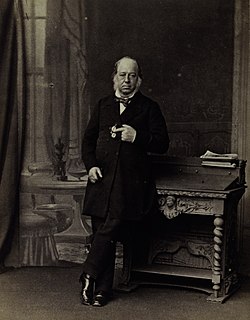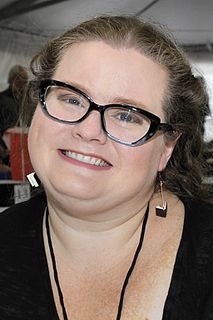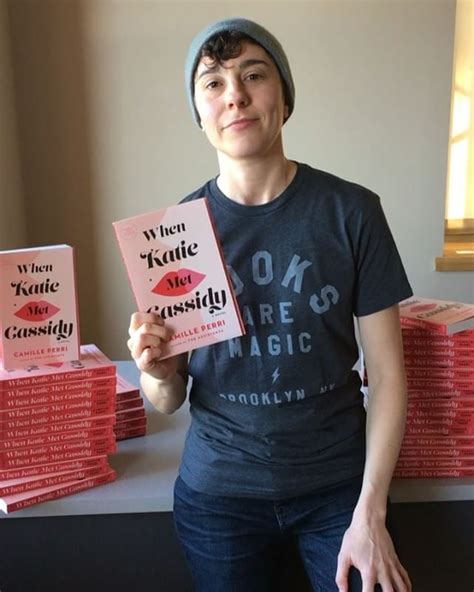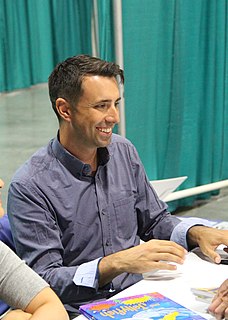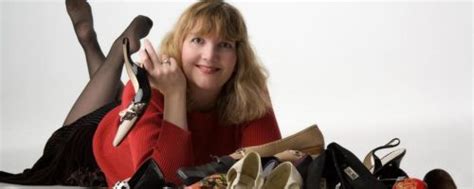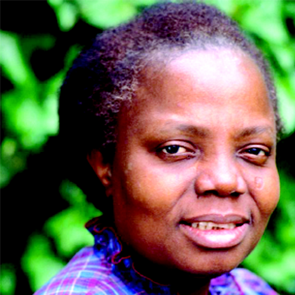A Quote by Kate Morton
I'd pretty much given up hope of being published, so I just wrote the book I wanted to read.
Related Quotes
I was raised pretty much a fundamentalist, but the one thing that fundamentalism gave to me was the love for that book and a commitment to read and study it. The difficulty is that I've read it all, I didn't skip around, I read it all, and when you read it all, you can't take it literally because you don't want to blame God for a lot of stuff that occurs in that book. There are some pretty violent scenes.
I read everything. I'll read a John Grisham novel, I'll sit and read a whole book of poems by Maya Angelou, or I'll just read some Mary Oliver - this is a book that was given to me for Christmas. No particular genre. And I read in French, and I read in German, and I read in English. I love to see how other people use language.
I wrote a book. It sucked. I wrote nine more books. They sucked, too. Meanwhile, I read every single thing I could find on publishing and writing, went to conferences, joined professional organizations, hooked up with fellow writers in critique groups, and didn't give up. Then I wrote one more book.
Say you're an American novelist, published by the largest publishing house in the world. Their goal is to make as much money from you as possible, to have as many people read your book in as many formats as possible. How can you hope to speak intimately to the numbers of people that represent the book sales required?
The short story is so much about inevitability and this feeling that things always had to be this one way, and I wanted the apocalypses to blow that idea apart. I hope it feels that way. I hope the book invites people to read the stories in order and then, if they feel like it, maybe not read them in order the next time.
When I wrote the first Betsy book, 'Undead and Unwed,' I had no idea, none, that it would be a career-defining, genre-defining book, the first of over a dozen in the series, the first of over 70 published books, the first on my road to the best-seller list, the first on my road to being published in 15 countries.
About a year after (my stories began being published), magazine editor George Scithers, suggested to me that since I was so new at being published, I must be very close to what I had to learn to move from fooling around with writing to actually producing professional stories. There are a lot of aspiring writers out there who would like to know just that. Write that book.SFWW-I is that book. It's the book I was looking for when I first started writing fiction.

